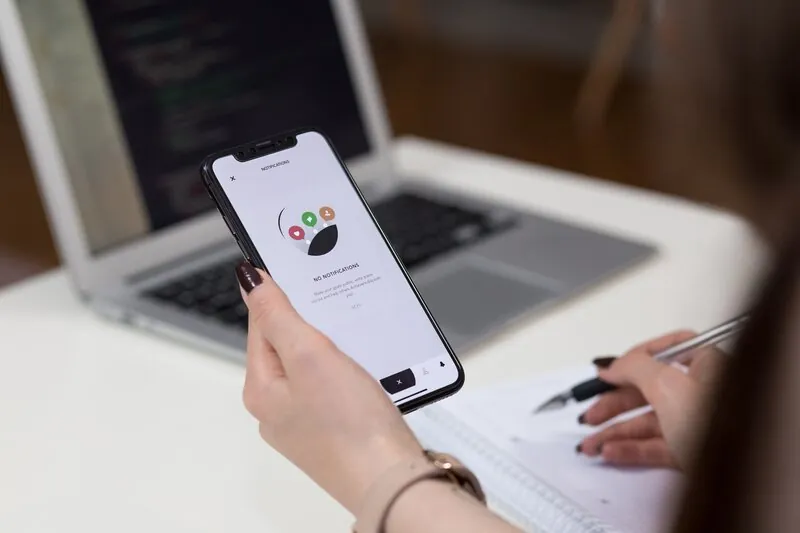

Mobile App Development
Differences Between iOS and Android App Development
8min Read
Mobile app development has become a major industry in today’s world. With the growth of technology, the demand for mobile apps is increasing. There are two popular mobile platforms: iOS and Android. Both platforms offer a range of features, tools, and capabilities that allow developers to create apps for various purposes.
When developing apps, the choice between iOS and Android can be overwhelming. Each platform offers its advantages and disadvantages, so developers must consider the specific needs of their target audience before making a decision.
Main Differences of iOS vs Android App Development
The mobile app market is highly competitive, and mobile developers have the difficult choice of developing for Android or iOS. While both platforms have their advantages and disadvantages, there are some key differences between the two.
User Interface and Design
iOS apps have a uniform design across all devices due to their limited range of device sizes and resolutions. On the other hand, Android has a wide range of devices with different screen sizes, resolutions, and aspect ratios. Android developers have to design their apps to be flexible and responsive to different devices.
Development Tools
iOS developers can access Apple’s suite of development tools and frameworks, such as Xcode and Swift. Android developers must use Android Studio and Kotlin. Both tools are powerful and have their advantages, but they are also quite different.
Testing
Testing an Android app can be tricky due to the wide range of devices it must be compatible with and because of the age range of Android versions still being used on people’s phones. iOS apps, on the other hand, are simpler to test since they are designed to work on all Apple devices and Apple makes it easier to update to new versions of iOS. This makes it easier to test and debug iOS apps and ensures a consistent experience for all users.
Deployment Process
The iOS app deployment process is fairly straightforward, as Apple must approve all apps before they can be released. Android apps, however, can be deployed without any approval from Google. This makes it easier to deploy Android apps, but it also means that there is no quality assurance or control over the apps being released.
Cost
Developing for iOS is generally less expensive than developing for Android due to the uniformity of Apple’s devices and the structure of Apple’s developer frameworks and tools. On the other hand, Android apps are usually more expensive to develop and deploy, because some Android frameworks are not as polished as Apple’s and there are a lot of devices to QA on.
Region
iPhones are very popular throughout the world, but especially in the United States. In the rest of the world, Android is very dominant. When developing an app, consider the types of devices that are most commonly used in the regions where you intend to launch your app.
Which Is Better in App Development: iOS or Android?
Regarding development speed and cost, iOS is generally considered the superior platform. iOS apps tend to be easier to develop due to their streamlined design and coding language, resulting in lower development costs and faster turnaround times.
On the other hand, Android apps require more development time and cost due to the fragmented nature of the platform. The sheer number of Android devices on the market means that developers must consider a wide range of hardware and software configurations, which can be time-consuming and costly.
In terms of user experience, both platforms offer excellent experiences. iOS is known for its intuitive and user-friendly interfaces, while Android offers more customization options and an extensive library of third-party applications. Ultimately, the user experience will depend largely on the developer’s design and coding skills.
When it comes to monetization, iOS has a clear advantage. iOS users tend to have more disposable income, resulting in higher revenue potential. Additionally, iOS apps tend to have higher ratings and more downloads, which can lead to higher profits. On the other hand, Android has more worldwide users, which can benefit some developers in certain countries.
Conclusion
Both iOS and Android offer compelling app development platforms. Each has its own strengths and weaknesses, so choosing the one that best suits your needs is essential. If you’re looking for a platform with a more intuitive design and development process, iOS might be the way to go. Android, on the other hand, offers more flexibility and customization options. Ultimately, the decision comes down to personal preference and project requirements.
If you are interested in mobile app development, we’d love to hear about your project.




